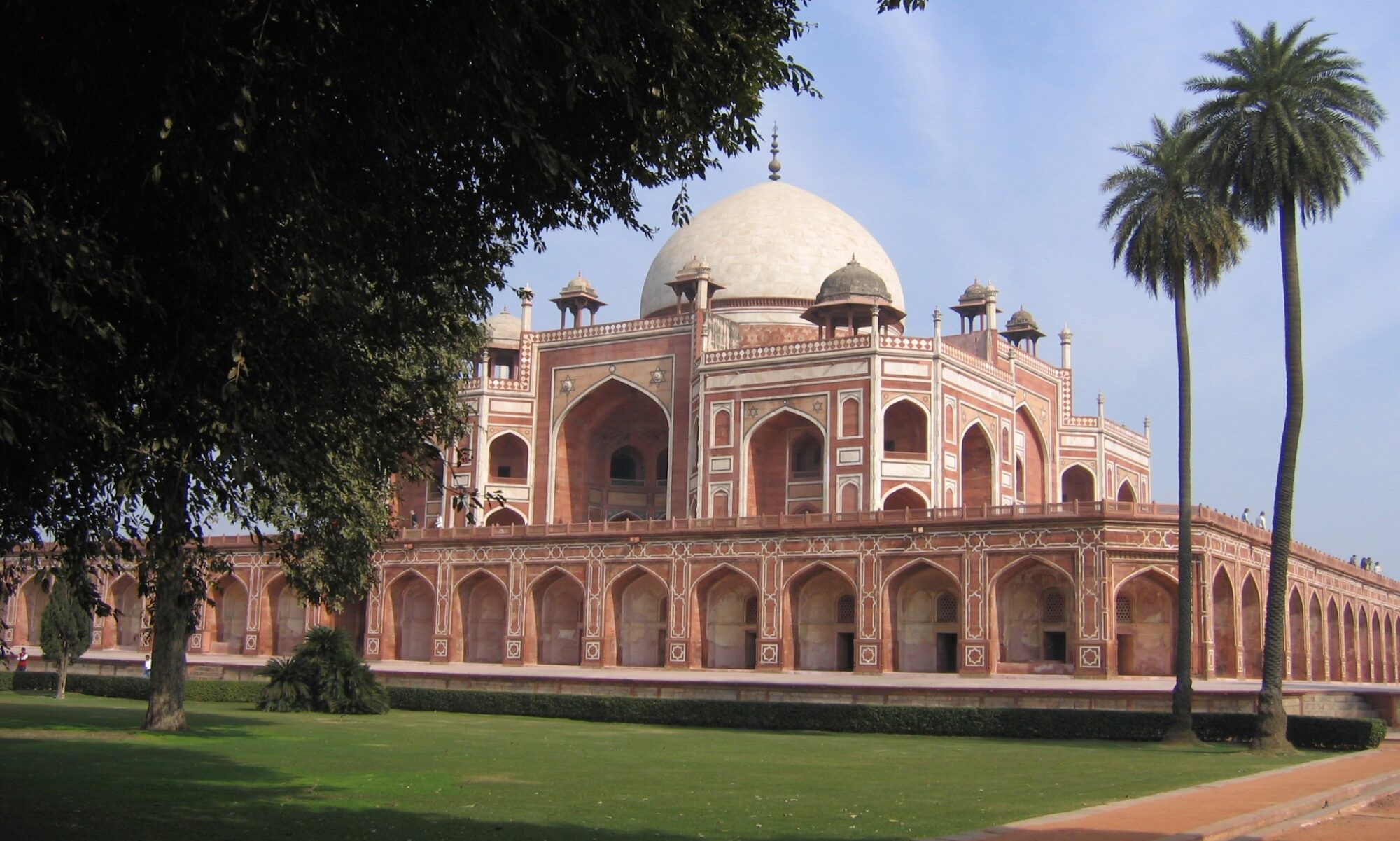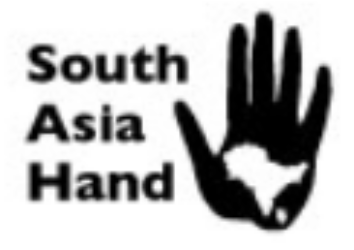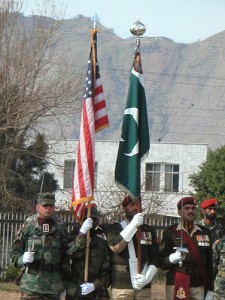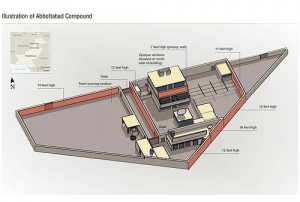The U.S. and India are getting more interested in negotiations with the Afghan Taliban. Their evolving policies could benefit from closer U.S.-India consultations, and from back-channel India-Pakistan talks on Afghanistan.
Read the full article, first published in The Hindu, June 1, 2011.



